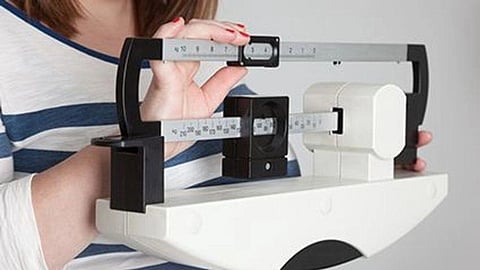WEDNESDAY, March 13, 2024 (HealthDay News) -- For patients undergoing abdominally based autologous free-flap breast reconstruction, the rates of breast and abdominal complications increase with increasing body mass index (BMI), according to a study published in the March issue of Plastic and Reconstructive Surgery.
Laura L. Barnes, M.D., from the University of California, San Francisco, and colleagues conducted a retrospective chart review of all patients who underwent abdominally based autologous free-flap breast reconstruction at their institution between 2004 and 2021. A total of 365 patients (545 breasts) were stratified into five BMI categories: ≤25, 25.01 to 30, 30.01 to 35, 35.01 to 40, and >40 kg/m2. Complication rates were examined across these groups.
The researchers found a significant increase in the rates of several breast complications with increasing BMI at distinct levels, including infection requiring oral antibiotics (BMI >25 kg/m2); any breast complication and any infection (BMI >30 kg/m2); unplanned reoperation, wound breakdown requiring reoperation, infection requiring intravenous antibiotics, and mastectomy flap necrosis (BMI >35 kg/m2); and fat necrosis (BMI >40 kg/m2). In addition, the rates of many abdominal complications increased significantly with increasing BMI at distinct levels, including delayed wound healing (BMI >30 kg/m2) and wound breakdown requiring reoperation (BMI >40kg/m2). The occurrence of any breast complication and any abdominal complication would be minimized with optimal BMI cutoffs of 32.7 and 30.0 kg/m2, respectively.
"Preoperative weight loss may alleviate surgical risk in overweight and obese patients pursuing autologous breast reconstruction," the authors write.
Abstract/Full Text


